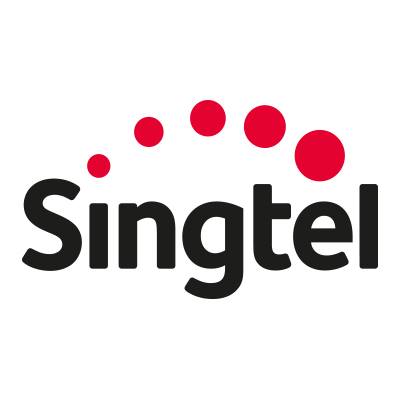The Singtel Group has released its Sustainability-Linked Bond Framework which is a first for a telco in Asia Pacific. The framework outlines individual Key Performance Indicators (KPIs) and Sustainability Performance Targets (SPTs) for two different issuers, Singtel and Optus – its subsidiary in Australia, and allows both to issue sustainability-linked bonds (SLBs) under a single framework. Established as part of Singtel’s sustainable financing programme, Olives, this framework affirms the Group’s commitment to reach its net-zero emissions target by 2050.
The KPIs and SPTs outlined in the framework are core to the Singtel Group’s business and provide investors with the opportunity to be involved in the Group’s sustainability journey. This also provides transparency on how the Group intends to achieve its mid- to long-term sustainability performance.
The framework was reviewed by Sustainalytics, a leading independent ESG research firm and assessed to be aligned with the Sustainability-Linked Bond Principles 2020 set out by the International Capital Market Association. Sustainalytics also considered the framework’s KPIs and SPTs to be strong and ambitious.
Mr Arthur Lang, Singtel Group Chief Financial Officer, said, “Sustainability is integral to the way we operate our business and we have doubled down on that as part of our strategic agenda to create sustainable, long-term value. As one of the leading telcos in Asia, it is critical that we step up and integrate sustainability with our financing strategy and this framework will allow us to take the lead in sustainable financing. We welcome investors who share our goals of having a positive impact on the environment and society.”
Under this framework, the Group may issue SLBs linked to the achievement of greenhouse gas reduction targets that were approved by the Science Based Targets initiative. Specifically, the Group aims to cut absolute Scope 1 and 2 direct and indirect greenhouse gas emissions across its operations in Singapore and Australia by 42% by 2030, from a 2015 baseline. If the targets are not achieved, there will be a penalty in the form of an adjustment to the coupon rate or premium on maturity of the SLBs.
These targets to reduce greenhouse gas emissions by 2030, are part of the Group’s approach of addressing transitional risks through decarbonisation of its business. The Group launched Olives in April this year with Singtel’s inaugural S$750 million sustainability-linked loan facility. As part of Olives, the framework further aligns the Group’s funding with its broader ESG strategy and serves to reaffirm the Group’s commitment to achieving a sustainable, climate conscious future for all.
Mr Clifford Lee, Global Head of Fixed Income of DBS Bank said, “The establishment of Singtel’s Sustainability-Linked Bond Framework is a progressive and important milestone for the technology, media and telecommunications industry, setting a common and trusted benchmark for like-minded issuers and investors to rely on. The future of debt markets is trending towards being purpose-driven with investors being increasingly aware of climate challenges and wanting to play an active role in funding and encouraging companies that contribute positively towards a sustainable future – this is where sustainability-linked bonds are relevant.”
DBS Bank acted as the sole structuring advisor for this framework and has led five out of 12 SLB issuances done across Asia ex-Japan to-date in the SGD and USD space. The bank is also the first to launch a Sustainable and Transition Finance Framework and Taxonomy in 2020 to help support corporates furthering their sustainability agenda. The taxonomy serves as a reference to guide clients to adapt and build resilience in the face of climate change, resource scarcity and address critical global issues such as social inequality.






